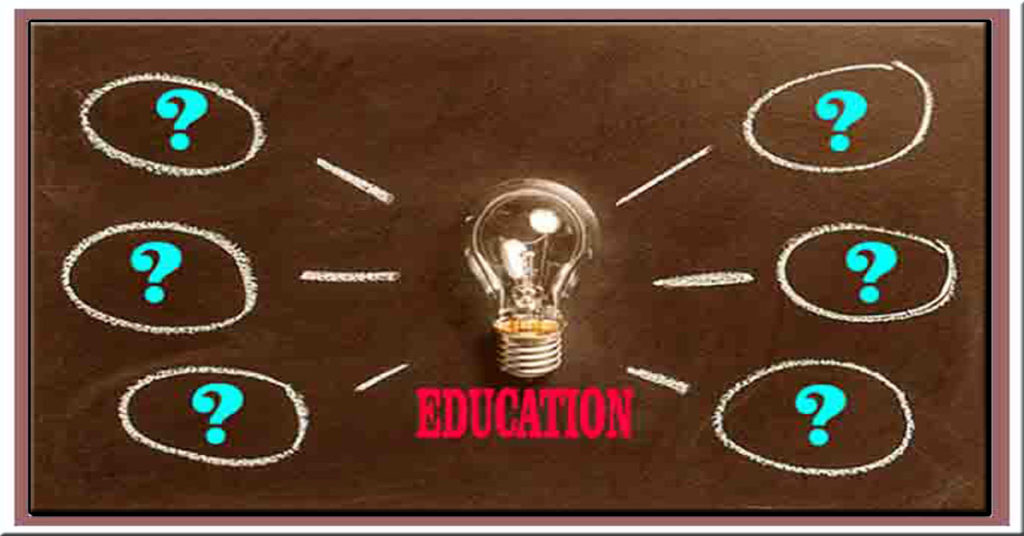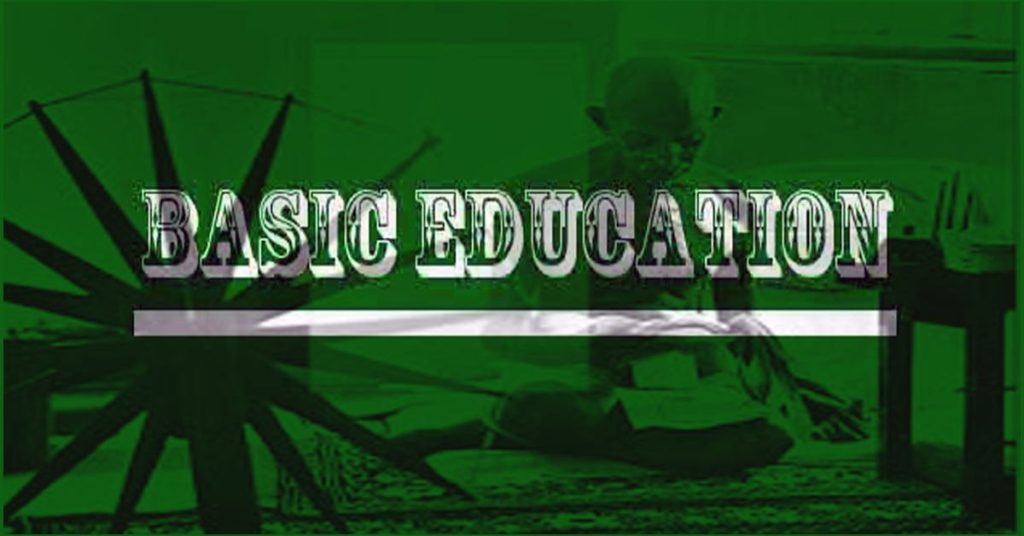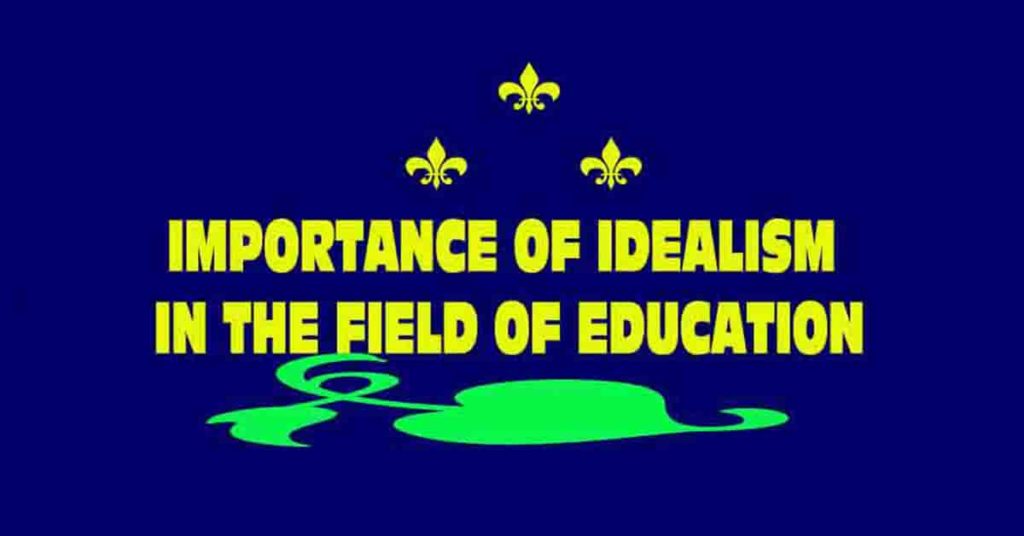What is the meaning of education?
According to Redden and Ryan: “Education is the deliberate and systematic influence exerted by the mature person upon the immature through instruction, discipline, and harmonious development of physical, intellectual, aesthetic, social, and spiritual powers of the human being according to individual and social needs and directed towards the union of the educand with the Creator at the final end.”
Definitions to derive the term Education.
Education is not a new concept. It is as old as the human race. Its importance and magnanimity have been keenly realized since time immemorial. There are various definitions from ancient philosophers like Redden, M.K. Gandhi, Plato, and Pestalozzi, etc. to clarify the concept of education. Such valuable definitions are described below, which help us to derive the meaning of education.
Meaning of education.
Western Concept of Education
- Plato: “True education is the greatest tendency to civilize and humanize people in their relation to one another and to those who are under their protection.”
- Aristotle: “Education is the creation of a sound mind in a sound body.”
- Pestalozzi: “Education is the natural, harmonious, and progressive development of man’s innate powers.”
- Froebel: “Education is the unfoldment of what is unfolded in the germ”
- Painter: “Education is the complete human development.
- T.P. Nunn: “Education is a complete development of the individuality of the child so that he can make an original contribution to human life according to the best of his capacity.”
- Adams: “Education is a conscious and deliberate process in which one personality acts upon another in order to modify the development of the other by the communication and manipulation of knowledge.”
- Kant: “Education is the development in the individual of all the perfection of which he is capable.”
- Ross: “Education is the development of valuable personality and spiritual individuality.”
- Thompson: “Education is the influence of environment on the individual with a view to producing a permanent change in ‘his habits, behavior, of thought and of attitude.’’
- Spencer: “Education is complete living.”
- Derrey: “Education is a continuous reconstruction of experience.’
- Redden: “Education is the deliberate and systematic influence exerted by the mature person upon the immature through instruction, discipline and harmonious development of physical, intellectual, aesthetic, social and spiritual powers of the human being according to individual and social needs and directed towards the union of the educand with the Creator at the final end.”
Eastern Concept of Education
- Rigveda: “Education makes man self-reliant and selfless.”
- The Upanishad: “Education is that whose end product is salvation.”
- Yajnavalkya: ‘Education is one that gives a sterling character to an individual and renders him useful for the world.
- Panini: “Human education means the training which one gets from nature.”
- Sankaracharya: “Education is the realization of Self.”
- Kautilya: “Education is the training for the country and for the nation,”
- Vivekananda: “Education is the manifestation of divine perfection already existing in man.”
- Tagore: “Education emancipates us from the bondage of dust and gives us wealth not of things but of inner light; not of power, but of love, making the truth its own and giving expression to it.”
- Aurobindo: He considered education as “helping the growing soul to draw out that is in itself.”
- Gandhi: “By education, I mean an all-round drawing out of the best in child and man -body, mind, and spirit.”
The etymological meaning of Education
The term, ‘education ‘has been derived from different sources, Etymologically from the Latin words, it has the following origin.
- Educare — to bring up, to raise, to nourish
- Educatum – the act of teaching or instruction
- Educere— to lead out, to draw out, to bring forth
- E+duco —’E’ means ‘out of’ and ‘Duco’ means to lead’, i.e., from internal to external.
That analysis makes one understand that ‘Educare’ and ‘educatum’ convey the idea that, Education is something that is imposed from outside. It is external & growth through activities and experiences. Therefore, education is external in nature.
The term ‘educere’ conveys the meaning that education is growth from within. And ‘E + Duco’ means that the internal potentialities are made external.
Modern educators accept the word ‘educere’ as the best meaning and use it widely. But one should not forget here that nothing can be drawn from within unless something is put in the child.
Hence, whenever we are going to draw out the best in a child, we must provide him with some sort of knowledge and experience beforehand.
To sum up, education is not only a means for the acquisition of knowledge. and experiences but also for the development of skills, the right habits, positive attitudes, etc. The child should be trained through his various experiences in life to draw out the best in him.
To read the article “The difference between Formal, informal and non-formal Education” click here



Comments are closed.